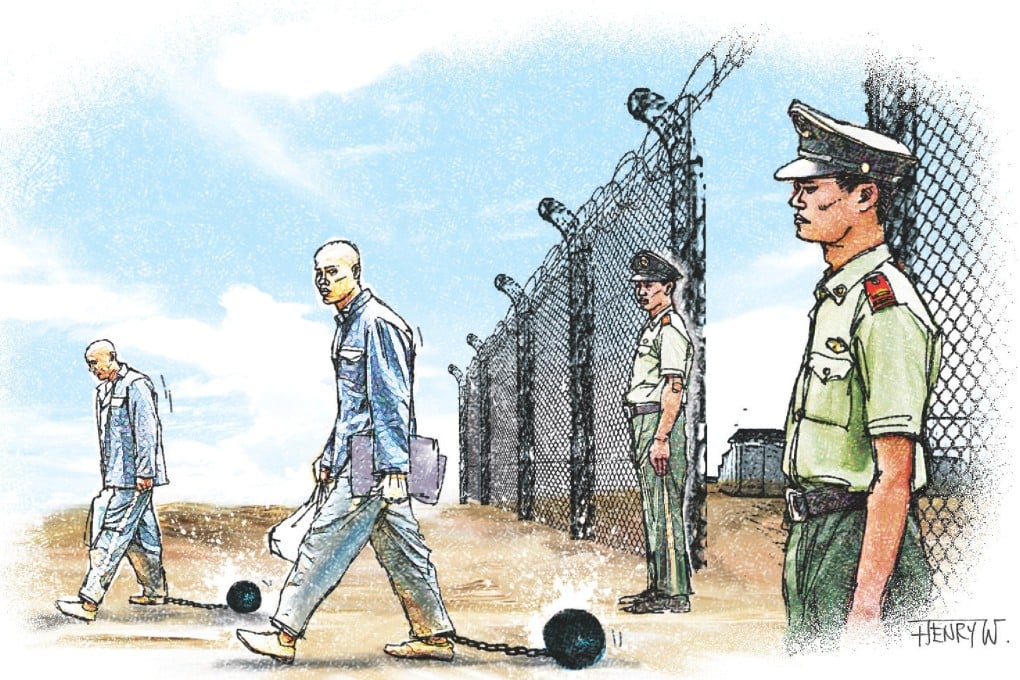End of China's labour camps won't halt government abuse of power
Chang Ping welcomes the abolition of re-education through labour, but says bypassing the NPC to end it on party orders alone just points to the pervasive problem of power abuse

In the 1990s, I lived for some time in a basement where a friend was running an entertainment business. Next door was a nightclub which the police would raid from time to time, arresting a group of people each time.
We called these raids "Repairing the Second Ring Road". The government was at the time rebuilding the road, and such arrests no doubt provided free labour for the project. The legal term for this punishment was "re-education through labour".
As long as this structure of power relations remains, civic rights will never have any protection
We know now that repairing roads was a relatively lenient punishment. Those arrested for such "re-education" have been subjected to far worse in recent years because of a government crackdown on petitioners, protesters and Falun Gong practitioners to "maintain stability". Take, for example, the torture uncovered at Liaoning's Masanjia labour camp. Former inmates of the women's camp told of horrifying punishment, including having electric batons and toothbrushes shoved into their vaginas.
Since re-education through labour was introduced in the 1950s, millions of people have been detained on the discretion of the state security apparatus, deprived of their freedom like criminals but without recourse to a trial or any judicial process.
For years, human rights organisations, lawyers and the media have called for abolition of the system. That day finally came on November 15, when the Chinese Communist Party published its "Decision on Major Issues Concerning Comprehensively Deepening Reforms", announcing that it would end re-education through labour as part of broader reforms.
According to my secondary school textbook on political education, the party's claim to be "great, glorious and correct" was based on its ability to correct its own mistakes. Abolishing re-education through labour is the latest example of self-regulation, and the Chinese media has heaped praise on the decision.
We can't deny it is good news: even though the party would never allow any move to investigate past wrongdoings or compensate those victimised by the system, at least many people will be freed as a result.